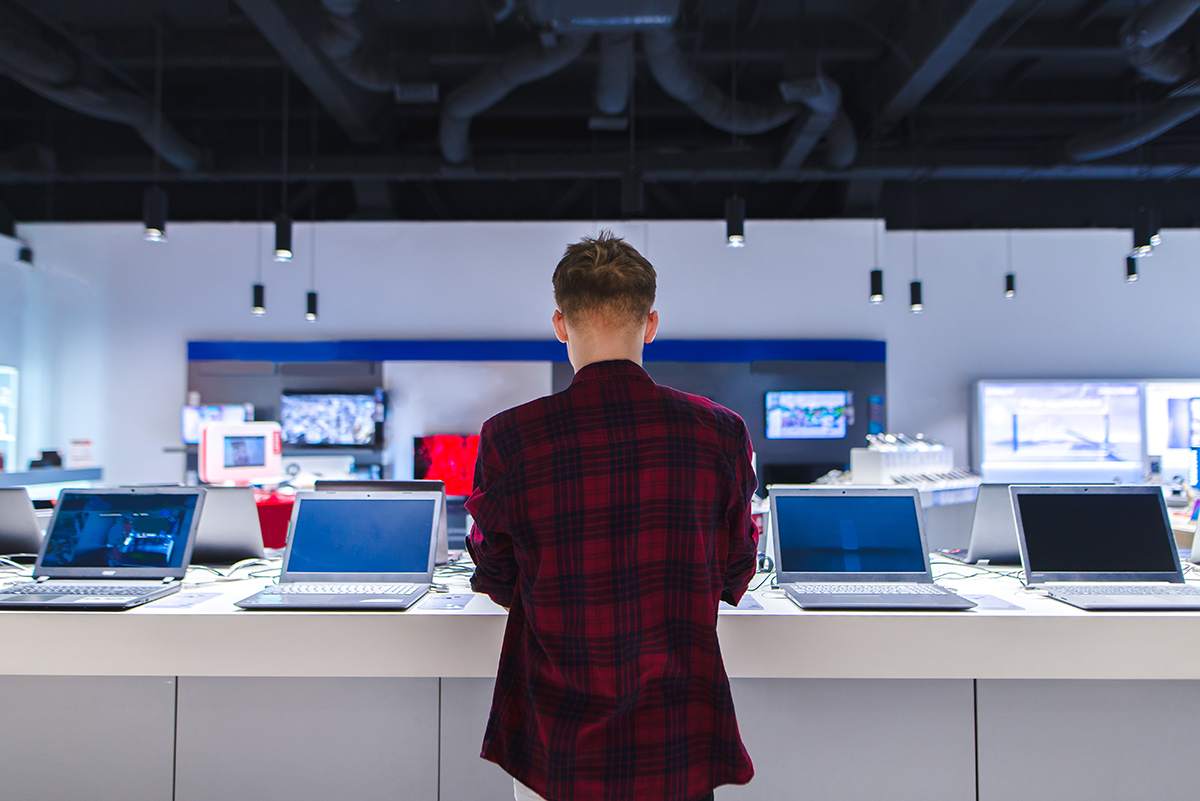So, you have a new laptop. Even though you are probably itching to turn it on, do some preventative tasks that ensure you are laptop maintains its optimal performance levels. By following these suggestions, you are taking control of your online safety. We have some of the most critical steps to take when you first get your laptop.
1) Update your operating system.
Whether you bought it online or in the store, your laptop has likely not had an update in months, even if you bought it new. Your first step with your new laptop is to update its operating system. With Windows 10, go into settings, then update and security, and then check for updates. If you have a new Mac, go to the Apple menu in the corner, select system preferences, and then choose software update. If you have a Chromebook, all of those updates happen as long as you are connected to WiFi.
Still have questions? Read our F.A.Q’s or Give us a call! 713-364-6572
2) Get rid of bloatware.
Bloatware is software that has been installed on your system that you will not use. You don’t want to leave useless, unwanted software on your computer because it takes up space and uses up resources. Although this tends to be rare for Mac or Chrome laptops, Windows definitely has its share of bloatware. So, take the time to note which software you don’t want to use anymore and uninstall them.
3) Install security software.
When you first get your laptop, get the appropriate security software installed. You want one that prevents any cyberattacks, but also has an anti-theft software. Look for security software where you can find your device if it goes missing. Once installed, make sure it scans your computer regularly, so any possible threats are removed immediately. Also, getting the right security software is essential even if you have a Mac, which is often assumed to be invulnerable to threats.
4) Optimize power settings.
Another feature to take care of right away is your laptop’s battery. By making a few changes, you can extend the life of your battery and make sure it doesn’t run out too soon. One thing to do right away is reduce your display brightness. Also, turn on sleep or hibernate mode so your computer screen turns off when it’s not in use.
5) Backup your computer.
If your laptop crashes and you don’t have a backup system, you will lose everything. Set up an automatic backup system that saves everything regularly. You can also backup your documents on the cloud as well. Many offer services to link up to your computer so you can drag any files easily into their software.
Your laptop can be exciting and fun, but unless you take the time to optimize features and take preventative steps, you will run into issues later down the road. Contact 911 Computer to get any help you need with your new laptop.







